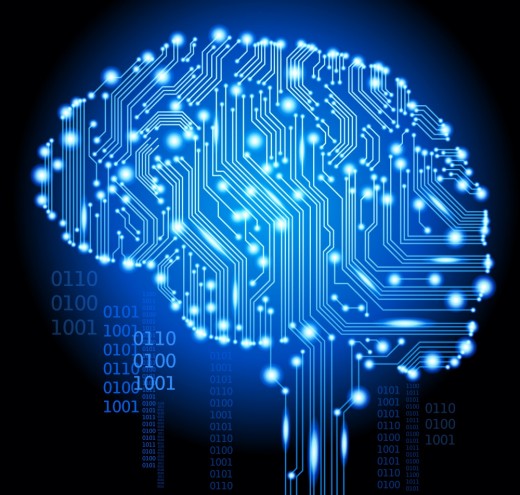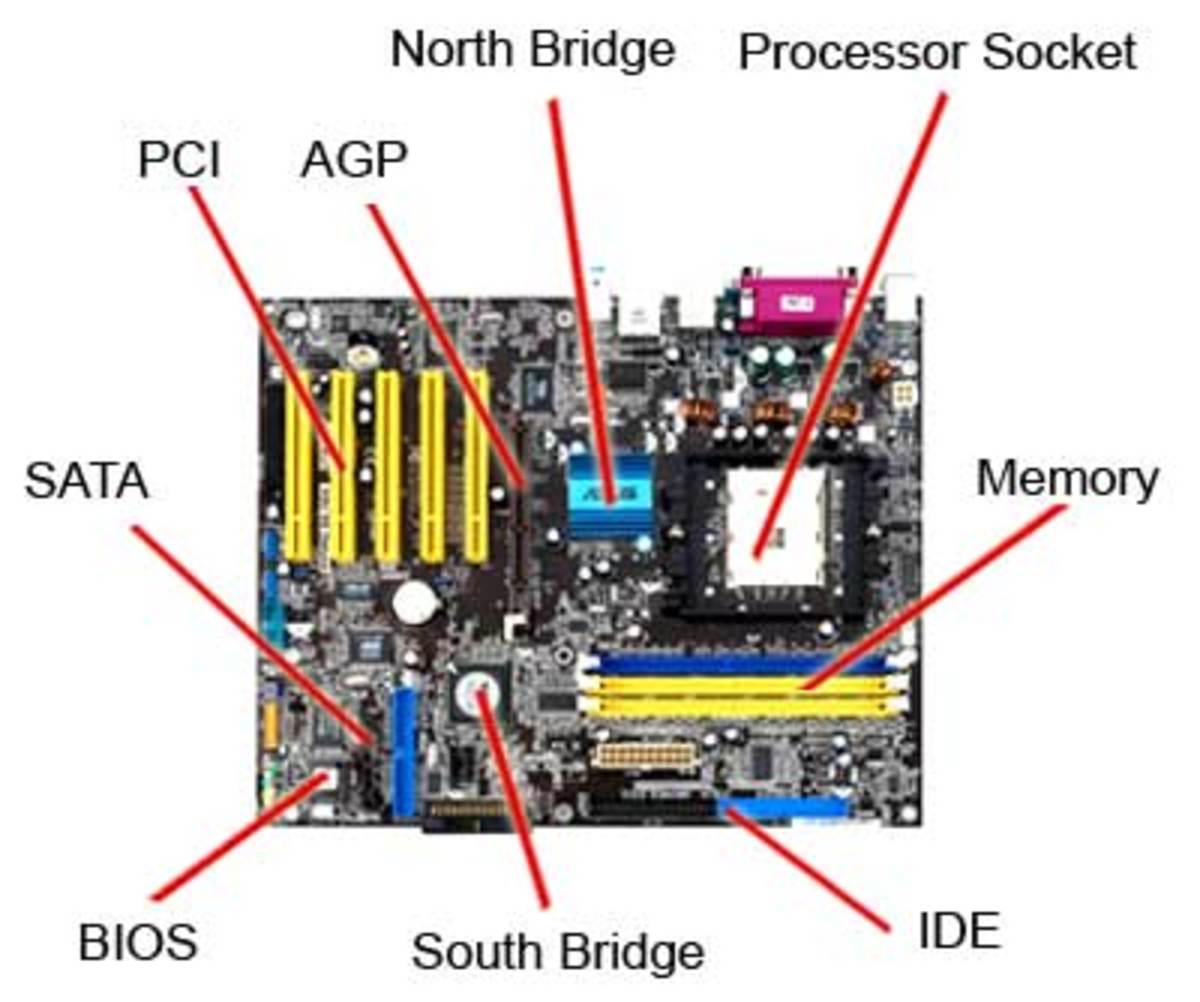Will Computer Ever Become As Good As The Human Brain?

History of Development of Technology
Humans as a species have come a long way. From the bushy and bug-ridden natural environments of forests and grasslands that filled with dangerous predators and elusive prey where every day held a fairly significant chance of dying by the treacherous hands of nature, our huge brains have almost single-handedly catapulted us into our modern habitats of mega-cities and afforded us relatively safe and comfortable living. It was firstly our dominance over objects and materials that allowed us to craft tools to make better houses, weapons, clothing and survival techniques to gain the upper hand in our battle for dominance over our natural environment, and our antagonists who resided within. From tools we progressed to machines and now to computers. The first was an extension of our limbs, the next an extension of our entire bodies and the last an extension of our very minds. Just as we see the tool of the hammer and the machine of the car have far surpassed the abilities of our own bodies, we wonder, will the computer ever be as good as the human brain.


It Has Already Happened
Quite frankly, the most powerful computer can far surpass the abilities of the human brain, at least in terms of raw calculating power for any one task. We can look at the games of Chess, Poker, the Chinese game Go, and even Jeoprady!. Back in 1997, the World Chess Champion Garry Kaspasrov played IBM's supercomputer "Deep Blue", and lost. While it might be worth noting that Kasparov did beat "Deep Blue" just a year prior, the improvements made to "Deep Blue" within just a year allowed the machine to beat the Chess Master. For the game of Poker, the Pittsburgh Supercomputing Center developed AI software they called "Liberatus" and had the AI play against four of the best players in the US, all of whom it managed to beat. As recently as early last year, the ancient chinese boardgame Go, which was touted to be the last significant foothold humans had in their mental advantage over computers, had its World Champion of this game beated by Google AI software, based on the DeepMind System and nicknamed "AlphaGO". Even Jeoprady!, the American television game show invited its all-time greatest human champions to compete against IBM's AI "Watson" and again, the computer emerged supreme.

Is the Age of the Brain Over?
You may now begin to wonder what is the usefulness of the human brain in the modern age if humans seem to be outperformed in so many mental tasks. We already know that computers are vastly more efficient that our noggins in mathematical calculations, data mining, which is finding particular information that may be hidden within loads of other information, memory operations or accurately saving data for future use and even finding links or patterns in data where none seems apparent. The crucial point to note is that computer are only good for completing specific tasks, at least for now. A computer extremely good at playing scrabble is not very good for finding the search preferences of a Google customer. A computer great at number crunching or mathematical operations may not be very good at identifying the chemical structure of substances. Computer are very efficient because each performs a specific task very well.
There are however particular activities that humans are better than computer in. In the words of Google CEO Eric Schmidt, " humans are still good at some things like judgment, emotion, and creativity". Computers large still lack emotion, proper judgment and creativity. Creativity is expressed though art. Art is conceived through emotion as well as appreciated through emotion. With a lack of emotion, a computer could never create an good artpiece. Also, computers are simply good at one specific job job; their software works by rigidly following a series of instructions from which they cannot deviate. Creativity usually requires spontaneous thought and ideas, something a computer would be very hard-pressed to do. Judgment usually demands an understanding of the complexity of humans and the intricate social systems we have derived, an understanding which computers do not seem to have, not yet at least.


A Different Perspective
If one really thinks about it, the humans brain far exceeds the abilities of any computer. The human brain manages all the major systems of the body. It controls circulatory system with all its blood components of blood cells, platelets and glucose and maintains proper chemical content in the blood such as sugar, salt and alcohol. It ensures the muscular system is properly functioning, that when muscles are damaged they are properly repaired and contract and relax at appropriate times. It allows humans to experience the full range of emotions we do. It gives us the ability to run and jump and breathe and think and see, to laugh and cry, to love and grieve, to think to draw and to paint. While a computer may better a human any one particular task, to survive and to complete the activities life demands and requests from us, the human brain performs its job extremely well, a job a computer cannot do, at least for now.









